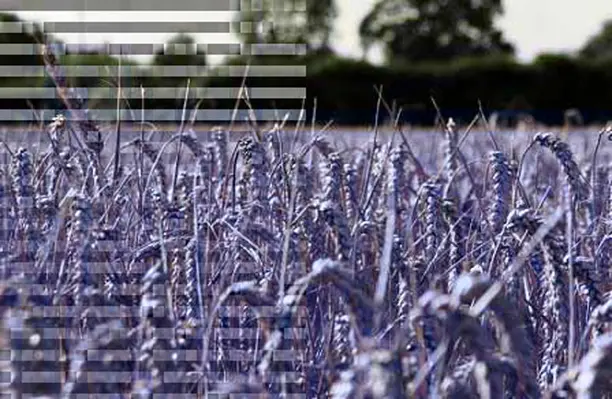The Thai Department of Foreign Trade has outlined plans to set up a rice trade zone project in the east to process Cambodian rice for export to other countries
Crops
Thai rice exports to global markets increase
Increasing exports of Thai rice to countries like China, Iraq, the US and and several African nations has resulted in almost a 31 per cent increase in Thailands rice exports
Genetically modified crops gain popularity in China
China has become one of the biggest users of biotech farming with over four million hectares of agricultural land planted with genetically modified (GM) crops currently
China may soon dominate soymeal exports to Southeast Asia
China plans to raise grain output in 2013

Raising grain output and increasing farming subsidies will be the focus of the Chinese government policy in 2013. (Image source: mattbuck4950/Flickr)



